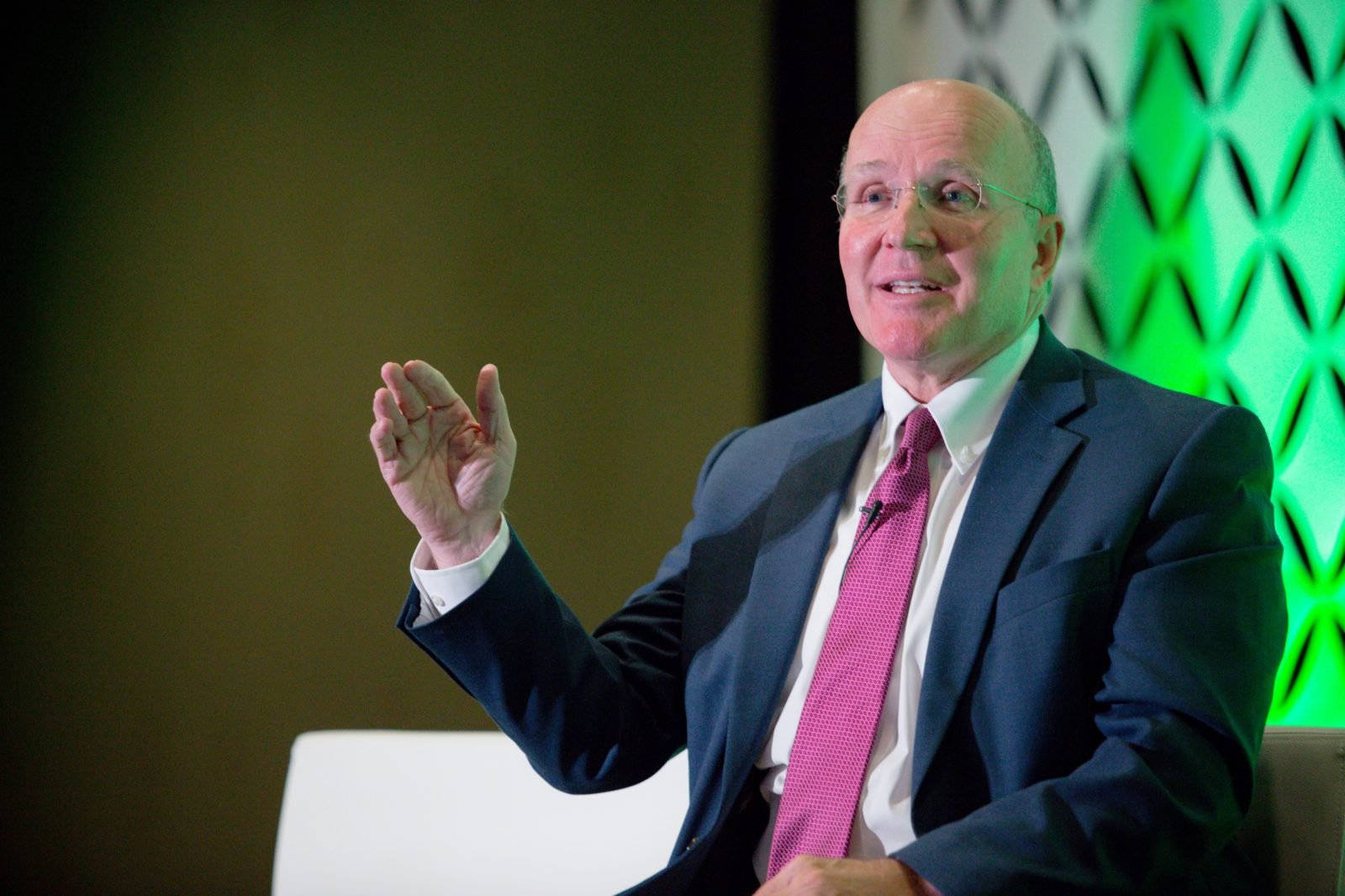Over and over again courts have said that there is nothing sinister in so arranging one’s affairs as to keep taxes as low as possible. Everybody does so, rich and poor; and all do right, for nobody owes any public duty to pay more than the law demands: taxes are enforced exactions, not voluntary contributions. To demand more in the name of morals is mere cant.
–Justice Learned Hand
The Incidence of Taxation
It is well known that corporations, buildings, automobiles, goods and services don’t pay taxes; only people pay taxes (who else is there?).
There are two fundamental principles of tax-incidence in any economy:
Inelastic agents bear the burden of taxation. Elastic agents tend to escape the burden of taxation.
Burden of taxation eventually falls upon Individuals.
Economists don’t look at who’s legally responsible to pay the tax, they look at who bears the burden. Most Americans are familiar enough with withholdings to know instinctively that you can bear the burden of taxes without ever writing a check to the government.
Corporate taxes fall on three major groups of stakeholders: Shareholders, Workers, and/or customers.
If businesses can pass along taxes in their prices, they will. However, only those businesses with more relative inelastic demand curves can achieve this. The consensus seems to be that workers bear the largest burden, then shareholders.
Kevin A. Hassett, Director of Economic Policy Studies and StateFarm James Q. Wilson Chair at the American Enterprise Institute (AEI), testified before the House Ways and Means Committee on February 2, 1016, discussing tax reforms. Hassett believes that over 90% of corporate tax burden falls on workers.
Also, check out Aparna Marthur’s article, from AEI, The bad and the bad of US corporate income taxes.
For a contrarian view that corporate taxes fall on shareholders, not workers, see the blog post from the Tax Justice Network: Corporate tax: the great incidence hoax.
Listener Questions
From Bryce:
Ron and Ed,
I've listened to several episodes of your show now where you guys attack the idea of professional licenses (for doctors, lawyers, etc.) because they impede innovation and decrease competition.
And you've slowly gotten me to agree with you.
Then the other day was talking about the immigration debate with a friend and realized something. Is requiring citizenship or a visa to the US to work here not the same basic problem as requiring certain professional licenses?
Are the same arguments for tighter immigration policies not the same as those for the "need" for licenses in the professions? Couldn't you then argue that citizenship requirements have the same ill affects on our economy (slowing innovation and decreasing competition)?
Perhaps this is something that's already been discussed. Your thoughts?
Bryce
Two Questions from BJ:
"How is it that no one gets paid on the Starship Enterprise?"
Answer from our friend, Robert Wood:
There isn't money per se in the Federation. You do your job because it's for the greater good. Captain Picard says "The economics of the future is somewhat different. You see, money doesn't exist in the 24th century... The acquisition of wealth is no longer the driving force in our lives. We work to better ourselves and the rest of Humanity." in Star Trek: First Contact (Yes I had to google to find the exact quote) However, there is still money it just seems the Federation doesn't use it. In Star Trek: Voyager, they discuss that the economy of Earth changed in the late 22nd century but didn't explain how. Basically it's a socialist utopia. There is talk at one point of energy credits for using transporters and replicators. But I don't recall Federation credits being explained very well. Theoretically this is a post scarcity economy since these technologies exist. There is currency though. The Ferengi use gold-pressed latinum, whatever that is, which also appears to be the currency for cross cultural trading.
"Is there a term for the double-thank you effect?"
There is now. Ed has coined: Dankenzweite which means "Second thanks" in German.
From Geir:
Hi Ron and Ed,
I'm listening to your podcast about "risk". It's a very interesting topic and you and Ed are discussing this in a brilliant way. Lots of examples and references. Your show notes are very useful also. My list of books to read gets longer and longer after every podcast. Puh! When will I have or take the time to read them? I really don't know!
Could you make a podcast on "witch great thinkers you should follow in years to come". Today, changes happen fast. New business models evolve over night. Where and how can we keep up on knowledge concerning innovation, tech, new business thinking, etc. The Soul of Enterprise is one source. Are there any others to recommend?
Cheers,
Geir
Answers: George Gilder, Deirdre McCloskey, Clayton Christensen, Gary Hamel, Don Tapscott, Daniel and Richard Susskind. Also, follow IBM’s Watson, and the entire Artificial Intelligence/Deep Learning movement.
Check out our interview with Deirdre McCloskey, George Gilder, and Daniel Susskind.











































